
Relationships: Do I Stay or Do I Go?
As we rethink our approaches to life, relationships are one area that naturally come up for examination: Do we stay or do we go?

As we rethink our approaches to life, relationships are one area that naturally come up for examination: Do we stay or do we go?
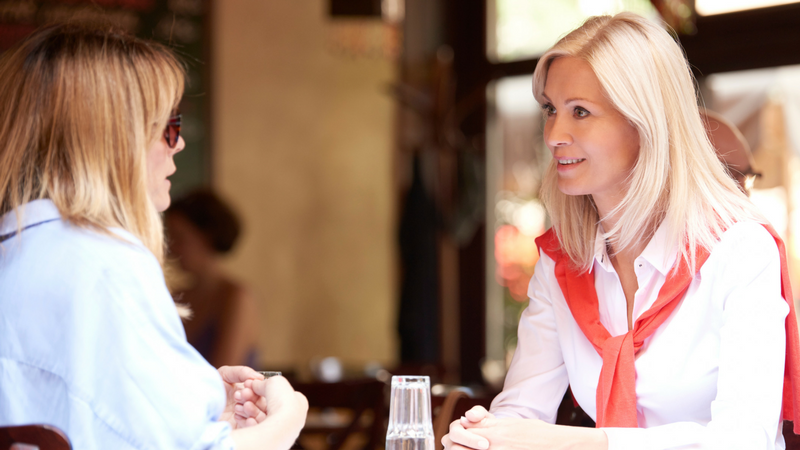
“Venting” is today’s safe word for gossip. In reality, venting is about a quick release of emotion so we can problem-solve the situation.
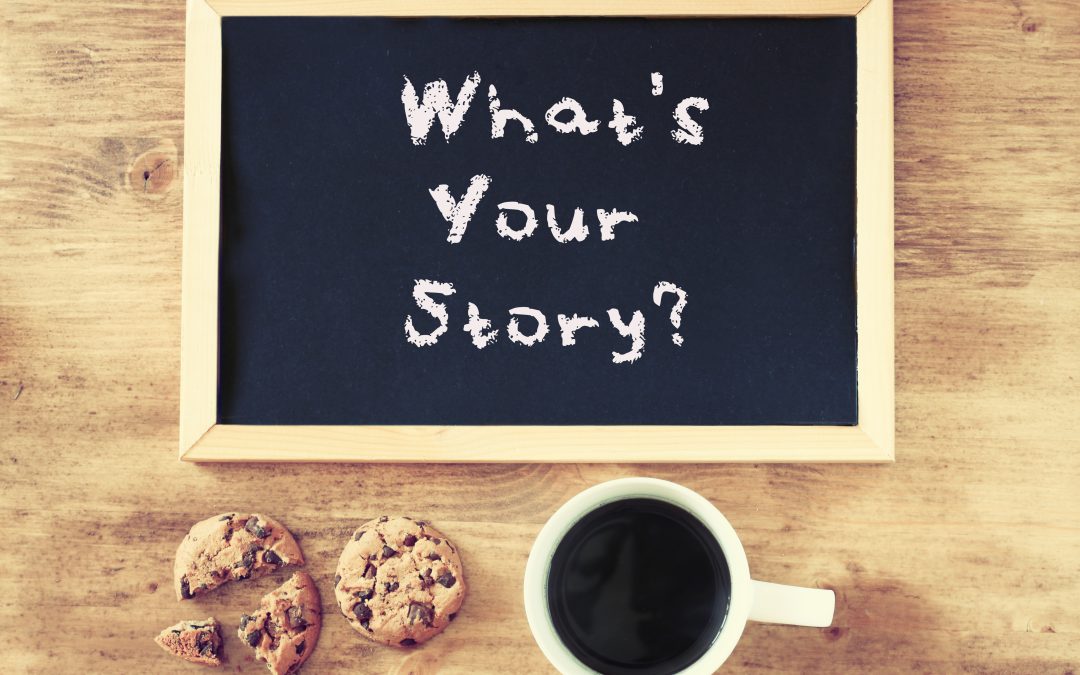
At some point, we all have to make the decision: To share or not share our diagnosis? Here’s how I approached it, and the lessons I learned are invaluable.

Figuring out how we can safely extend forgiveness and grace while maintaining boundaries can be a challenge in every relationship.
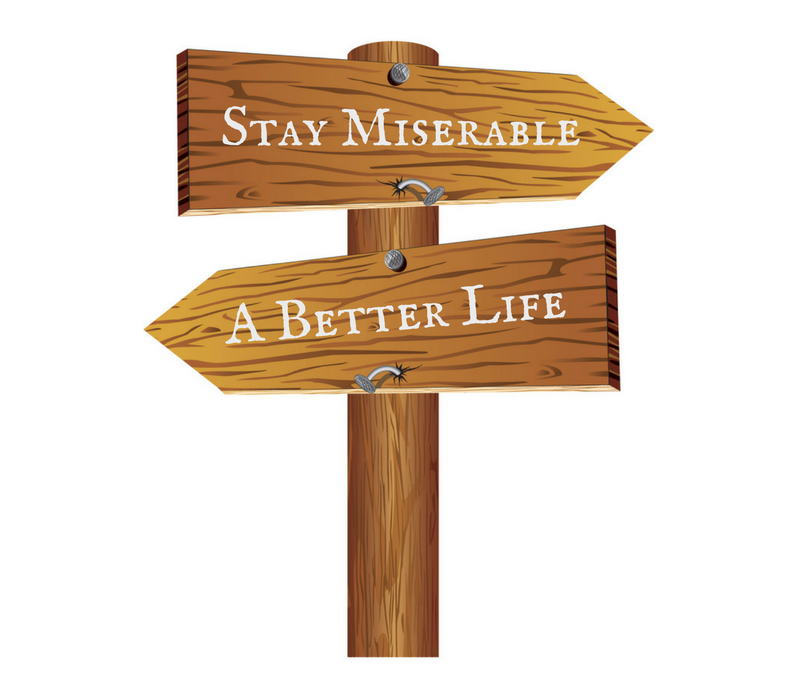
It’s exciting to witness that moment when someone realizes that their diagnosis means that a better life is possible for them.
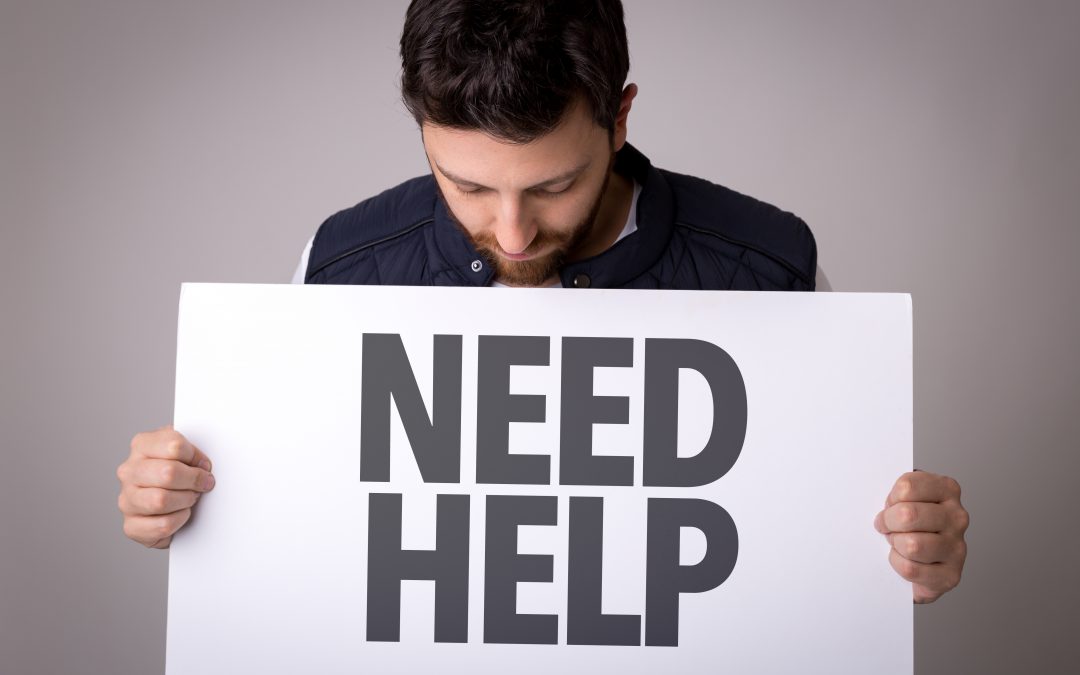
There are several excuses we give ourselves to explain why we don’t ask for the help we need. None of them are accurate, though we believe they are.

Our illnesses often contribute to issues around trust, intimacy, problem resolution, and how we communicate. Even so, we can have healthy relationships.

Controlling situations takes away a level of worry and anxiety I’ve often experienced. Then I learned something: Control issues aren’t about control.

Belonging and participating in community is so important to our mental health. When we are in community, we have a sense oCommunity gives us a sense of belonging and also teaches us how to give and receive love and care. Locating and joining one is important for our recovery.f belonging and importance. Our very presence and participation grants the same to others. In the giving, sharing, and receiving, we create something larger than ourselves.
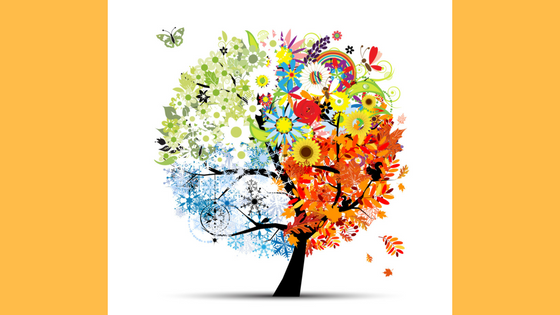
Many of our mood changes are cyclical. By tracking our moods, we can learn the identifying factors of a cycle change and take steps to manage them.

One piece of standard advice from mental health professionals to those on the road to recovery is to start giving. Sure, I’ve had a few moments when I’ve been glad I volunteered, but I’ve also felt resentful of the imposition on my time. Resentment and a giving heart do not go hand-in-hand. This time was different.

What we see as sufferers is not always what you see as our support network. You have an opportunity to help us significantly in our recovery journey.
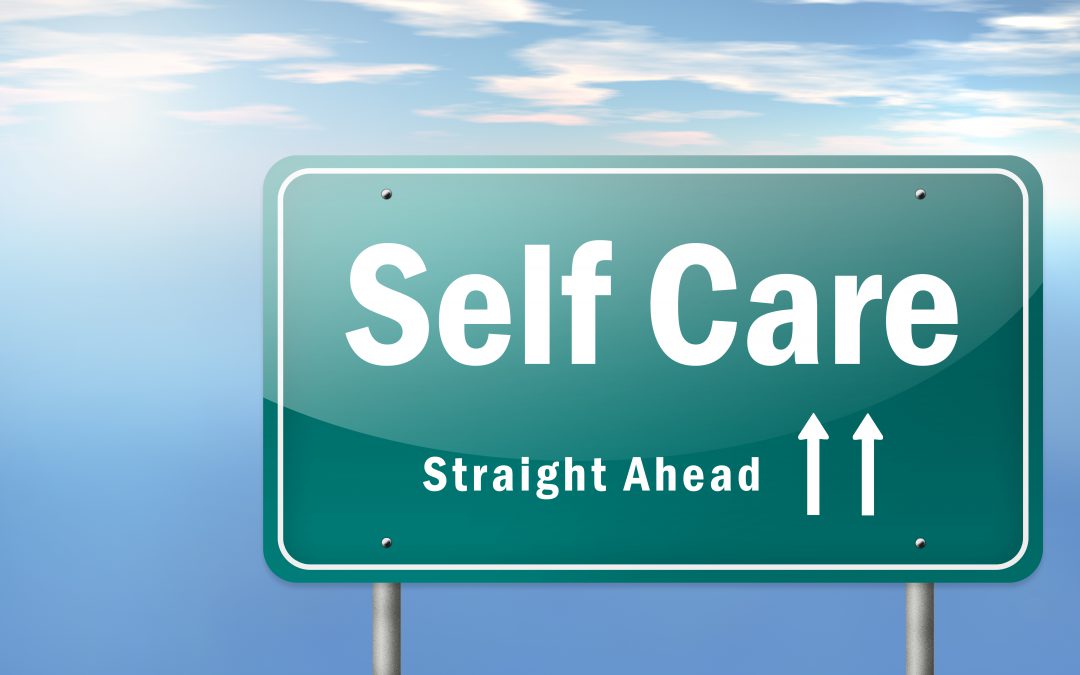
Even when we know the importance of putting together a good self-care plan, it can feel overwhelming to do. Four pillars? Each pillar has multiple pieces? The heart races and the breathing gets shorter. Let’s slow it down and tackle this process – together.

Sympathy, empathy, compassion. Simple ideas with complex meanings, teasing out the differences between them can be a challenge.

Saying no or denying a request often causes anxiety and feels scary. Yet, being clear on what we can and can’t do is key to strong relationships.

The holidays can be a lot of fun and they can be very stressful. I’ve compiled a list of tips for handling social anxiety at holiday parties.

When we worry about being a burden to our support network, we miss out on an opportunity for healing. Here’s why you aren’t a burden.

Every relationship hits a point where change is necessary. Deciding how to make the relationship change and how to communicate our needs is vital.

Our refrigerator started having issues. I knew it needed to be repaired, but I had no idea that the experience would make me feel deeply stigmatized.

In our relationships, sometimes we have to use extreme techniques to get the behavior change we want. It’s a lesson I learned from my child.